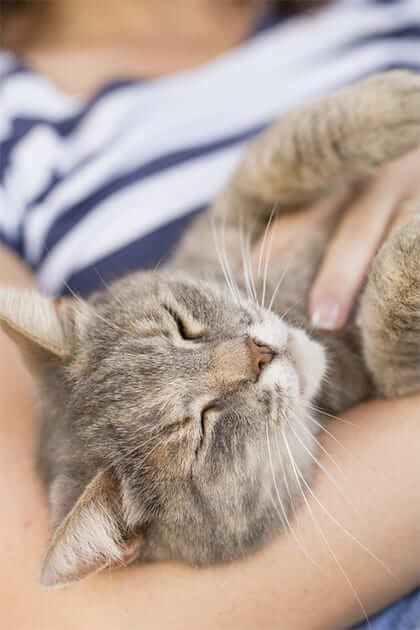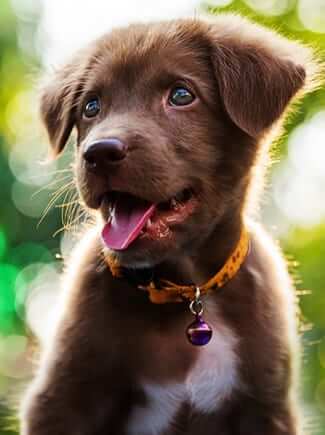
Spay and Neuter Surgery: Why We Do It
Sterilizing your puppy or kitten sets them up for a better life. Benefits range from decreased risks of some cancers to behavioral modification for the better. Spay and neuter surgeries are equally important for the greater Auburn community. They cut back on unwanted litters which produce more puppies and kittens that may never find a permanent home. At PetVet Animal Health Center, we advise setting up a consultation for your puppy or kitten to discuss their options.

What You Need to Know
The PetVet team typically recommends a spay or neuter surgery for your pet at about 5 to 6 months old. However, each pet is unique and certain breeds could benefit from a different timeline. For instance, we prefer to wait a bit later on large breed male dogs, assuming they do not begin showing unwanted testosterone-driven behaviors such as urine marking and aggression.
Other reasons for delaying a spay or neuter surgery may include abnormalities in either a physical exam or labwork values on the day of surgery.
Here’s what you can expect:
- Your male pet is protected from testicular cancer and has a significantly decreased risk of prostate issues.
- The risk of breast cancer is decreased in females spayed before their first heat cycle.
- The risk of uterine disease (infection, cancer) and ovarian cancer is completely eliminated in spayed females.
- Aggressive behavior in males is lessened, as well as the urge to roam and mark their territory (and yours) with urine.
- Females will not go into heat cycles, which result in frustrated behavior and bleeding in dogs.

After the Procedure
While spay and neuter procedures are considered routine, it is still surgery which involves some risk and time to recover. We take every precaution to ensure your pet is in safe hands when they are with us, but when you take them home, we have a few care tips to keep in mind.
- Give your pet a quiet place to rest away from other animals such as a crate or confined space.
- Be patient while your pet recovers from anesthesia. They may be groggy and lose their appetite for up to 24 hours after surgery.
- Keep your pet from licking or scratching at the incision. However, since all our stitches are placed under the skin, we very rarely find this to be a problem.
- The healing process can take up to 10 days. Check the incision to ensure it is healing properly (no unusual swelling and no discharge) and prevent your pet from any extensive exercise such as running and jumping.
If you have any questions about the incision, or your pet is behaving strangely, do not hesitate to contact us via phone, email, or text!
